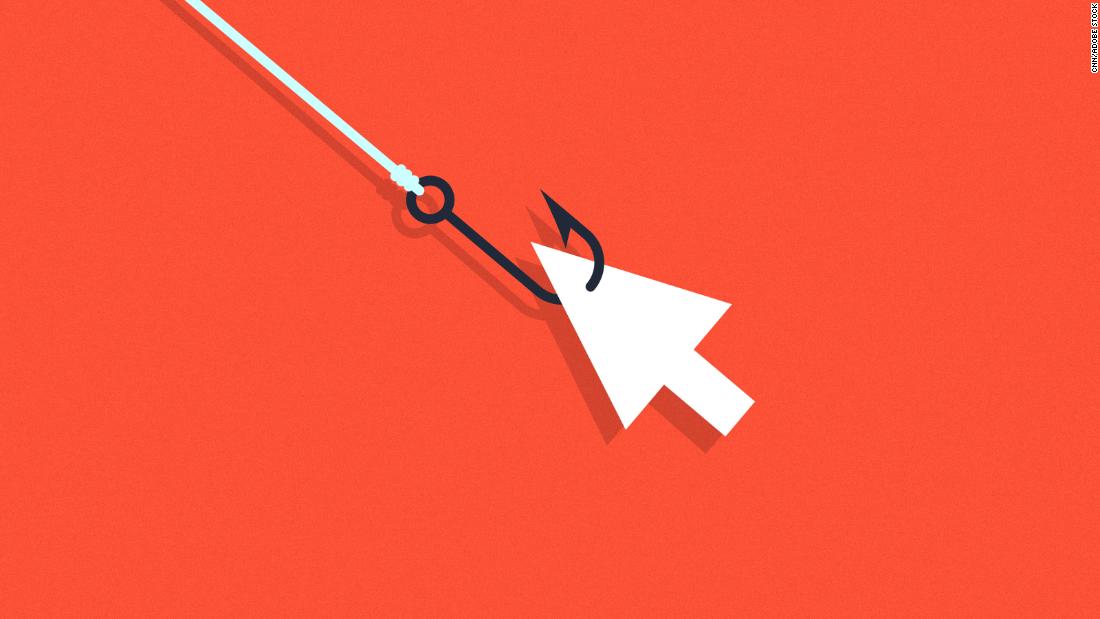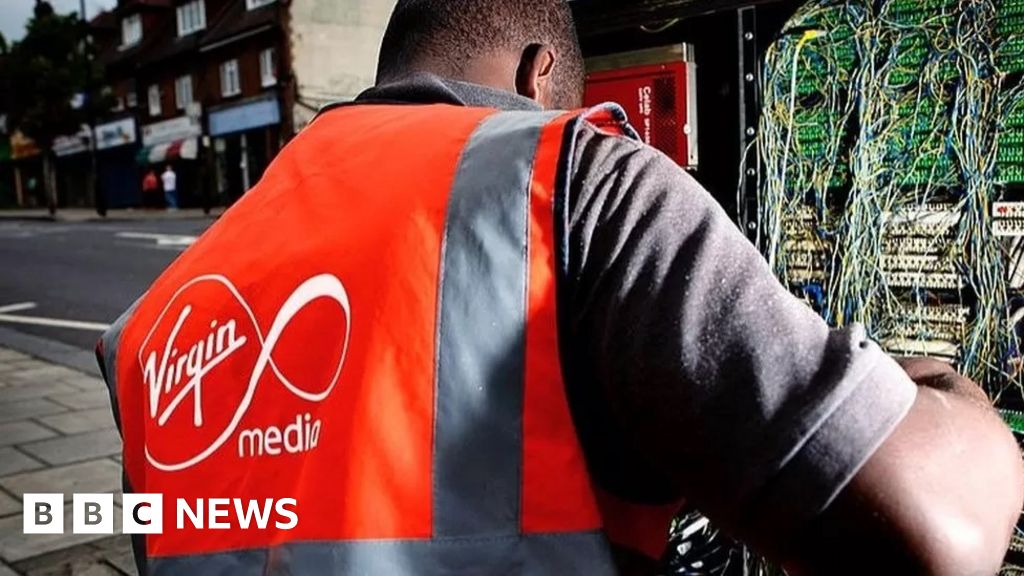- Joined
- 4 Jun 2021
- Messages
- 5,182 (4.51/day)
"Wassat?!  " you demand. That's what I said when I came across it the other day in an article. However, it's actually a group of negative behaviours from companies that we're all familiar with, I'd just never seen an overall definition of it.
" you demand. That's what I said when I came across it the other day in an article. However, it's actually a group of negative behaviours from companies that we're all familiar with, I'd just never seen an overall definition of it.
Here's how Wikipedia defines it:
It actually extends to more than that. The very common example we've all experienced is just how easy it is to buy something from a bricks and mortar shop. In under a minute that item can be yours and your bank account emptied. Now try returning for a refund. Not so straightforward is it?
In England, if there's nothing wrong with it, the shop is under no legal obligation to refund you and many operate like this (not so with online purchases where one has much greater rights and hence my preference). Where you are entitled to that refund, eg the item is faulty, then one has to go to the "customer service" desk and this is where the fun starts.
It's usually got restricted hours, is understaffed with a long queue and the person there might try to get out of giving that refund, making the whole experience hassly and unpleasant. That's great for them, as it puts the customer off from asserting their rights.
I can see all my readers nodding in my agreement at this, having experienced some version of this themselves. I've got a nice story on how I beat one store at its own game.
Around 20 years ago, against my better judgement, I bought a JVC VHS VCR (remember those?!) from a well known retailer with a reputation for crap customer service who shall remain anonymous. This was a bricks and mortar store, not online.
Despite JVC being the inventors of VHS, this VCR was clearly built down to a price. It was very light with flimsy build quality and had poor picture performance from the get-go, but it did the job, so I reluctantly put up with it. However, after just three days, once warmed up after around 15 minutes, it started to emit the most godawful loud mechanical whine when playing a cassette. It was a continuous, but wandering, tone at around 1-2KHz that really got under my skin, impossible to ignore. This was a fault, not just a performance issue, most likely caused by poor design rather than just a dodgy part, so a replacement likely wouldn't help, hence I just wanted a refund, no messing, which was my right.
However, I knew the fun and games that would ensue if I tried to explain this to the store and that they would try to get out of refunding me the money since it worked fine for a while and that place was air conditioned like a fridge, so the fault was less likely to show up and be less obvious if it did, especially with the background noise of an electronics store. I therefore made sure that they couldn't argue: I removed the top cover, deliberately popped the internal fuse, put it back and closed it up again. Note that the unit didn't have any anti-tamper seals on it - very important. This ensured that it didn't power up, it was dead.
I duly showed up at the shop the next day, shortly before closing time no less and showed it to the manager who was doing the customer service then and politely asked for a refund for this dead VCR. He saw it was dead, tried every which way to make it work, all the while interrogating me (seriously, not just normal questions) and kept looking at me really suspiciously like I was some sort of criminal. I just stood there with my best innocent face on and responded minimally to avoid giving him any ammunition.
After 10 minutes or so of this charade, I started pressing him for that refund, saying that I had somewhere else to go. He eventually relented with a great sigh and gave me my refund. He never stopped looking at me suspiciously, though. After that shambolic treatment, I never bought anything from that store again and made only one or two small purchases from other branches since then.
That was a great example of a dark pattern, although the term had probably not been defined then.
It's great to see that overall customer service from shops has improved greatly over the last 20 years, likely including this store chain. Maybe. Bricks and mortar stores have got the superior online experience to compete with after all.
Have a read of this Wikipedia article about dark patterns. It gives lots of examples which you'll likely be familiar with and is pretty interesting. It's written from an American perspective and it's great to see the Federal Trade Commission pushing back significantly against these sharp practices.
 en.wikipedia.org
en.wikipedia.org
Here's how Wikipedia defines it:
A dark pattern (also known as an anti-pattern or “Deceptive Design”) is "a user interface that has been carefully crafted to trick users into doing things, such as buying overpriced insurance with their purchase or signing up for recurring bills".[1][2][3] User experience designer Harry Brignull coined the neologism on 28 July 2010 with the registration of deceptive.design, a "pattern library with the specific goal of naming and shaming deceptive user interfaces".[4][5][6] More broadly, dark patterns supplant "user value...in favor of shareholder value".[7]
It actually extends to more than that. The very common example we've all experienced is just how easy it is to buy something from a bricks and mortar shop. In under a minute that item can be yours and your bank account emptied. Now try returning for a refund. Not so straightforward is it?
In England, if there's nothing wrong with it, the shop is under no legal obligation to refund you and many operate like this (not so with online purchases where one has much greater rights and hence my preference). Where you are entitled to that refund, eg the item is faulty, then one has to go to the "customer service" desk and this is where the fun starts.
It's usually got restricted hours, is understaffed with a long queue and the person there might try to get out of giving that refund, making the whole experience hassly and unpleasant. That's great for them, as it puts the customer off from asserting their rights.
I can see all my readers nodding in my agreement at this, having experienced some version of this themselves. I've got a nice story on how I beat one store at its own game.
Around 20 years ago, against my better judgement, I bought a JVC VHS VCR (remember those?!) from a well known retailer with a reputation for crap customer service who shall remain anonymous. This was a bricks and mortar store, not online.
Despite JVC being the inventors of VHS, this VCR was clearly built down to a price. It was very light with flimsy build quality and had poor picture performance from the get-go, but it did the job, so I reluctantly put up with it. However, after just three days, once warmed up after around 15 minutes, it started to emit the most godawful loud mechanical whine when playing a cassette. It was a continuous, but wandering, tone at around 1-2KHz that really got under my skin, impossible to ignore. This was a fault, not just a performance issue, most likely caused by poor design rather than just a dodgy part, so a replacement likely wouldn't help, hence I just wanted a refund, no messing, which was my right.
However, I knew the fun and games that would ensue if I tried to explain this to the store and that they would try to get out of refunding me the money since it worked fine for a while and that place was air conditioned like a fridge, so the fault was less likely to show up and be less obvious if it did, especially with the background noise of an electronics store. I therefore made sure that they couldn't argue: I removed the top cover, deliberately popped the internal fuse, put it back and closed it up again. Note that the unit didn't have any anti-tamper seals on it - very important. This ensured that it didn't power up, it was dead.
I duly showed up at the shop the next day, shortly before closing time no less and showed it to the manager who was doing the customer service then and politely asked for a refund for this dead VCR. He saw it was dead, tried every which way to make it work, all the while interrogating me (seriously, not just normal questions) and kept looking at me really suspiciously like I was some sort of criminal. I just stood there with my best innocent face on and responded minimally to avoid giving him any ammunition.
After 10 minutes or so of this charade, I started pressing him for that refund, saying that I had somewhere else to go. He eventually relented with a great sigh and gave me my refund. He never stopped looking at me suspiciously, though. After that shambolic treatment, I never bought anything from that store again and made only one or two small purchases from other branches since then.
That was a great example of a dark pattern, although the term had probably not been defined then.
It's great to see that overall customer service from shops has improved greatly over the last 20 years, likely including this store chain. Maybe. Bricks and mortar stores have got the superior online experience to compete with after all.
Have a read of this Wikipedia article about dark patterns. It gives lots of examples which you'll likely be familiar with and is pretty interesting. It's written from an American perspective and it's great to see the Federal Trade Commission pushing back significantly against these sharp practices.





